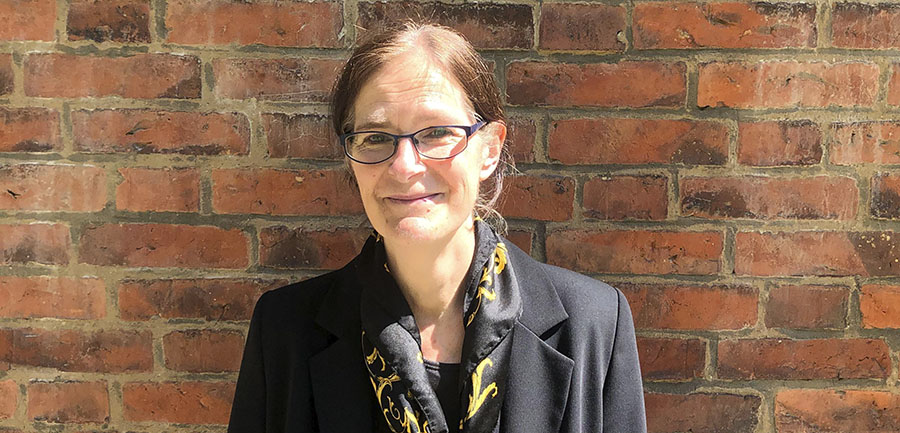Neurologist and researcher Anya Smit’s novel “The Silent Passage” deals with the difficulties clinicians and researchers may encounter in the workplace, but also what happens to a seriously ill person.
You’ve written science before, so why would you want to write a fiction book now?
– I have written chapters in textbooks and always enjoy writing, it was the most fun part of the research; to aggregate the results. Part, and the other is that I wanted to do something in all the meetings with patients that I’ve met over the course of my career.
– And when we sold our house, I found an old computer with a manuscript from 2004, which I had forgotten, and there I began to tell this story. Swedish is not my native language and I wasn’t sure if I could write in Swedish, I don’t think I dared at the time, but it was easier than I thought – I’m actually a little rusty in Dutch!
The main character Met is an oncologist who works just like you do with cancer patients. Are you?
– No, it’s not me, but part of her character depends on my experience. Having her become an oncologist rather than a neurologist, like me, might be a way to take myself a little further from the story. But it’s clear – brain tumors are close to me.
Mette is having a tough time in her workplace as she tries to combine research with clinical work. The administration consumes a lot of its time, and there is little time for the patient’s work. Is it a critique of how health care is conducted?
– It’s a trend that I’ve experienced over the years that the administrative department is getting bigger. Even colleagues who have read the book say they know themselves. I think there is a trend in healthcare, but also in schools and the police, for example, to try to solve problems with new management solutions. There is the concern of not making mistakes, and instead of opening conversations, you experience more documentation. It destroys our work environment. I think we need more civic courage and more direct communication.
The second main character in the book is a successful physicist suffering from a brain tumor. His whole life changed, and it turned out that he was completely alone. Was it important to portray loneliness?
– Yes, loneliness, but also to describe a person who is completely action-driven. I could be fascinated by it and I could see, say, senior politicians too, how life becomes just a business, and I can think “Do they have any idea that life just hangs on a thread?” Brain tumors can also affect them. What comes to my mind when I meet my patients is that there are many different ways to handle such a situation – and life doesn’t have to be completely meaningless.
– So the patient’s perspective was important; I thought if I was going to write a book, I should have a patient with me, and it shouldn’t just concern us who work in healthcare.
You, as the main character, have also moved a lot.
– Yes, after medical education in Holland, I got my AT in Scotland, then worked for a year in long-term care in Holland, but at that time it was hard to get a job there, so when my husband got a job in Uppsala, I moved to work and I ended up in a cancer research lab. We enjoyed ourselves so much that we never looked back!
Will there be more books?
– It was incredibly pleasant and gave more flavor, but it is difficult to combine it with work. In this case, it could be something completely different, something easier, maybe a family drama. I also thought someone should write about aging, what it’s like to get old. But I think I should retire first – to buy time!
Läkartidningen 25-26 / 2022
Lakartidningen.se

“Extreme tv maven. Beer fanatic. Friendly bacon fan. Communicator. Wannabe travel expert.”









More Stories
Why Rare Earth Metals for Electric Cars Are Crucial for Modern Mobility
“We want to promote critical rules approach”
“A lot happened during the trip,” Jönköping County Council